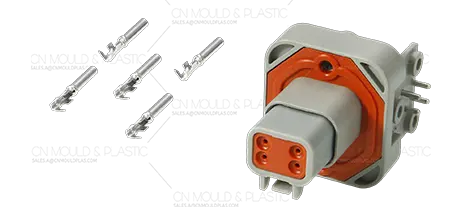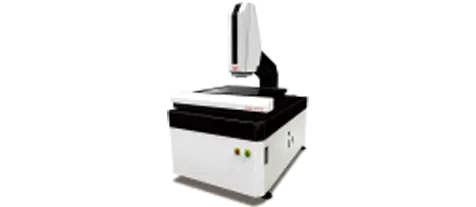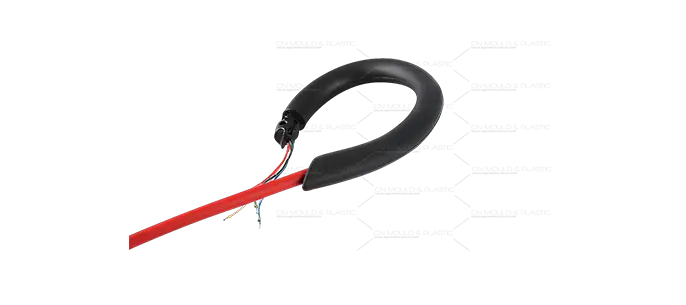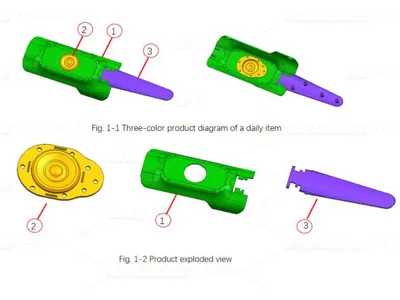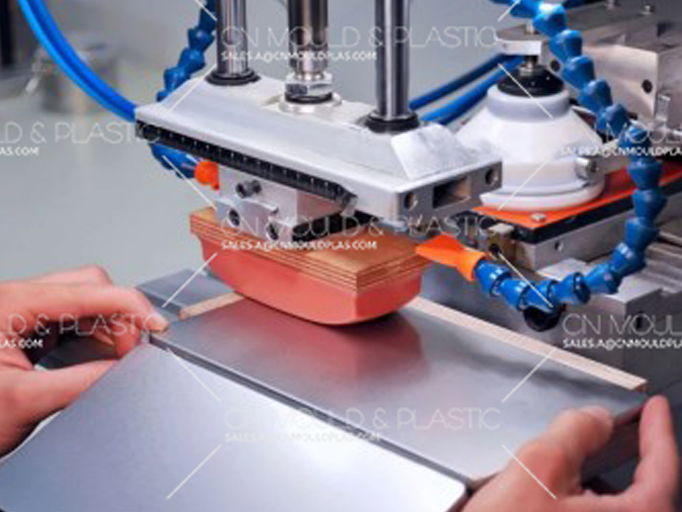When sales staff or warehouse keepers receive the supplier's delivery note, they inform IQC personnel to inspect the incoming materials. IQC follows the sampling plan MIL-STD-105E: For products of category A and B, the inspection level is Ⅱ, with AQL: MA=1.5/MI=2.5; for category C products, the inspection level is Ⅰ, with AQL: MA=1.5/MI=2.5. For aspects like size, weight, and function, if any non-conformity is found during inspection, all sampled items must be inspected.
For materials exempt from inspection, mark "Exempt from Inspection" on the IQC inspection report and the supplier's delivery note. These materials can be stored directly without inspection.
Inspection is carried out in accordance with the Standard Inspection Procedure (SIP), engineering drawings, and samples. For destructive testing, materials must be taken and scrapped, or samples provided by the manufacturer can be used for inspection.
Based on the inspection results, the following steps are taken:
(1) Acceptance is determined.
(2) Rejection is determined:
Fill out the IQC Non-Conforming Report, notify sales staff for handling, and fill out the IQC Inspection Report based on inspection data and material judgment, then submit it to the IQC supervisor for review.
Sales department staff will convene an MRB meeting with relevant personnel from quality, process technology, and production departments. The MRB includes staff from sales, quality, and process technology departments, is chaired by the sales department, and the process technology department ultimately decides on the handling method. The conclusions of the MRB meeting are filled in the IQC Non-Conforming Report, which, after being signed and confirmed by participants from relevant departments, is handed over to the sales department for handling according to the decided method. If there is a dispute and no consensus can be reached, the decision of the process technology department shall prevail.
If the batch of materials does not affect product functionality or meet customer quality requirements, and will not cause production troubles, special acceptance can be considered. A decision of special acceptance must be approved by the process technology department. When special acceptance is determined, a yellow "Special Acceptance" stamp is affixed, and the reason for special acceptance is explained to facilitate tracking during production.
(3) If full inspection, rework, or return is determined, the sales staff will notify the manufacturer of the defects and request handling.
During full inspection and rework, attention should be paid to the delivery date to avoid affecting the production schedule. If full inspection and rework are done in the factory, quality inspectors and technical personnel will guide the methods of full inspection and rework.
IQC needs to re-inspect the fully inspected and reworked products. Qualified products after re-inspection are stored in the warehouse, and unqualified ones are returned to the manufacturer. The sales department will coordinate with the supplier to handle unqualified products after rework and full inspection. When required by the MRB meeting, IQC will request the manufacturer to improve through a report on the defects and track the improvement effect. For materials in stock for more than three months (calculated based on the inventory cycle), they can only be used after re-inspection by IQC.
(4) IQC inspection marks
For qualified products, a blue "IQC" stamp is affixed, and the supplier's delivery note is signed for confirmation. The warehouse receives the materials based on this note. For unqualified products, a red "Rejected" stamp is affixed. For products approved for special acceptance by the MRB, a yellow "Special Acceptance" stamp is affixed. For materials exempt from inspection, a green "Exempt from Inspection" stamp is affixed.
When equipment is insufficient or instruments are sent for calibration, the supplier's outgoing inspection report and data can be used as the basis for incoming inspection.
(5) Qualification review for materials exempt from inspection
If a material has been received in no less than 10 batches within three consecutive months, and no defects are found in the IQC incoming inspection records or during the production process, it can be included in the list of materials exempt from inspection after application and approval.
The IQC supervisor will timely record the eligible materials in the list of materials exempt from inspection and submit it to personnel at or above the manager level of the process technology department for review. After approval, the list is sent to the sales department and incoming inspection department.
When materials exempt from inspection arrive at the warehouse, and the warehouse issues an incoming inspection note to IQC, the IQC inspector must check against the list of materials exempt from inspection. If they match, a green "Exempt from Inspection" label is affixed to the outer box of the materials, and the warehouse staff stores the materials. If there is a discrepancy in quantity, packaging, or quality, the entire batch is returned, and an IQC Non-Conforming Report is issued. The sales department will hold an MRB meeting for the defective materials to handle the unqualified ones.
If a material exempt from inspection is found to be unqualified, it will be removed from the list of materials exempt from inspection after approval by personnel at or above the manager level of the technical department. IQC will resume normal inspection procedures for the material until it passes the next qualification review for exemption from inspection to be stored without inspection again. If there is a change in the material, inspection must be resumed upon incoming.

 English
English  français
français  Deutsch
Deutsch  Español
Español  italiano
italiano  русский
русский  português
português  العربية
العربية  dansk
dansk  Suomi
Suomi  Svenska
Svenska  norsk
norsk 